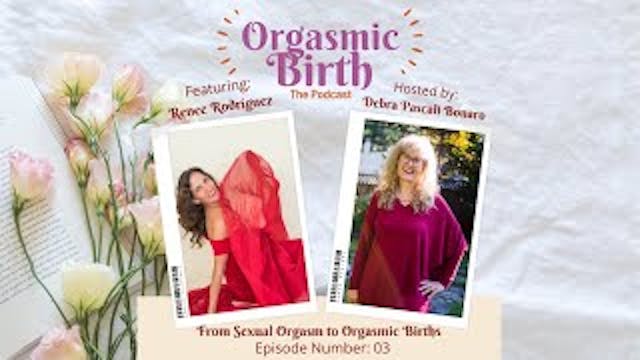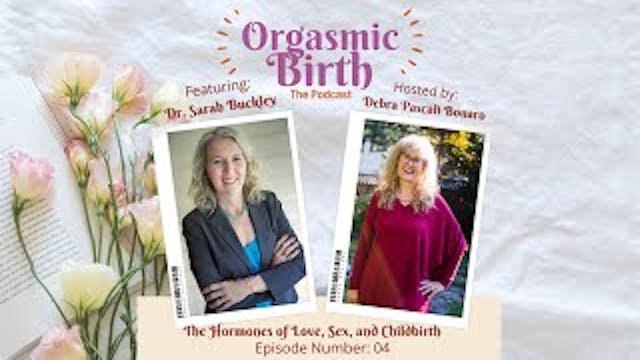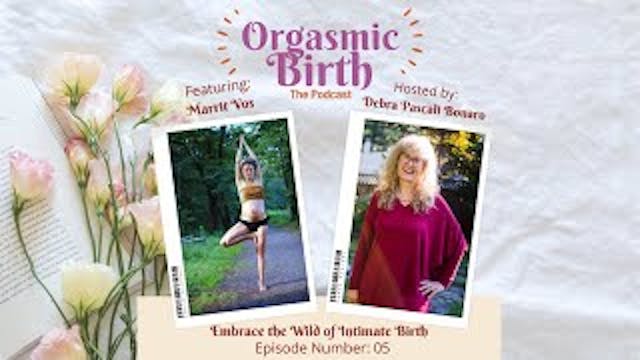People who are less open about their sexuality may be less likely to experience pleasure because they may regard pleasure to be psychologically improper. This is heavily influenced by how our society labels and looks at sexuality as a taboo which goes back to history.
In this episode, Rachel Gross busts the myth surrounding the female reproductive organs and shares how we can attain pleasure by understanding our anatomy and its function and how this is something not to be ashamed of.
Rachel is an award-winning science journalist focusing on reproductive and sexual health, based in Brooklyn, NY. A recipient of a MacDowell Fellowship, Knight Science Journalism Fellowship, and former digital science editor of Smithsonian magazine, Gross writes for the BBC Future, the New York Times, and Scientific American. Rachel is also an experienced public speaker and panelist and has moderated Congressional Briefings on basic science, performed for the national storytelling show Story Collider, and hosted educational videos for Scientific American. She is also the author of the new book Vagina Obscura: An Anatomical Voyage.
In this episode, we discuss:
Shame and society’s conception of g******s Clitoral Complex: female pleasure, anatomy, and function The female reproductive organ is interconnected and complex. It’s more than just what we see. Female reproductive system’s role in pleasure and arousal We could make the birthing experience pleasurable when we have a full understanding of the female reproductive organ’s anatomy and its role. Bad history of ‘vaginal orgasm’ and ‘clitoris orgasm’ impacts negatively the way we look at our own sexuality Rewriting our thoughts about the female body, and the active role of the female reproductive organ in fertilization Rachel talks about the importance of understanding your own sexuality and the benefits of integrating this into sexual education
Key Takeaways:
Familiarizing yourself with your sexual anatomy is not something to be ashamed of It is possible to have a comfortable and enjoyable vaginal childbirth because of the female reproductive organ’s natural process Integrating with sex ed is a good way to make kids be engaged in their own changing bodies, understand their natural needs, and address warning signs Many people feel like it is taboo or inappropriate to discuss pleasure but when approached with an open mind, this could actually open up doors to self-discovery and appreciation
Tweetable Quotes:
“I think that the lens really changes when you view this as a system that's working together, both in reproduction but also in sexuality and arousal. So again, like it's not the vagina, or the clitoris or the vagina and the clitoris, it's they're both intertwined.” - Rachel Gross “I think on the female side, first of all, we need to be way more like pleasure positive and talk about your body as like something beautiful to explore and have curiosity about rather than starting with a place of fear.” - Rachel Gross



